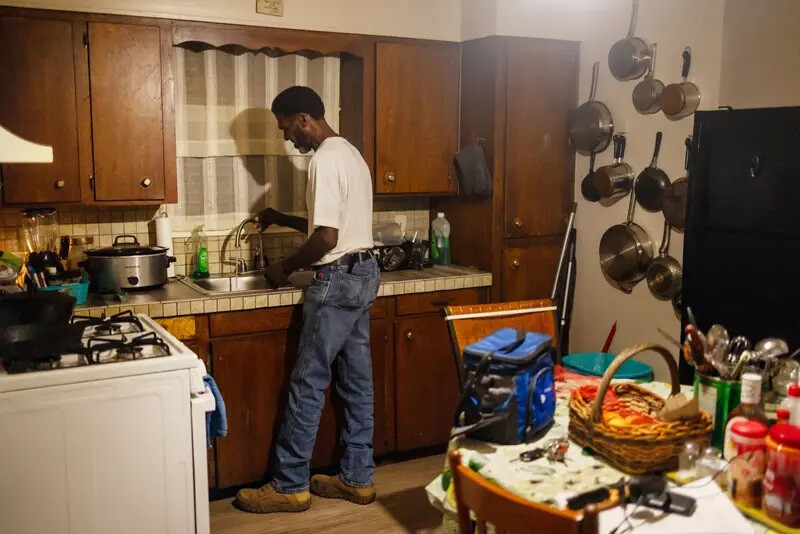
According to a report by the American investigative news outlet ProPublica last Thursday, the state of Louisiana is using a computer program called TIGER (Targeted Interventions to Greater Enhance Re-entry), developed by Louisiana State University, to approve or deny parole applications for the purpose of preventing recidivism.
Originally designed as a tool to aid in the rehabilitation of inmates by considering their backgrounds, the algorithm is now being used as the sole criterion for determining an inmate's eligibility for parole. The TIGER score calculates the risk of recidivism based on data such as the inmate's pre-incarceration job history, criminal record, and age at the time of the first offense.
In interviews with ProPublica, several inmates revealed that their scheduled parole hearings were abruptly canceled after their TIGER scores classified them as "medium risk." The TIGER score does not take into account factors such as conduct during incarceration or rehabilitation efforts, leading criminal justice experts to criticize the algorithm for potentially disadvantaging inmates based on their racial and demographic backgrounds. In fact, according to data from the Louisiana Department of Corrections, it is estimated that half of the approximately 13,000 current inmates will automatically be classified as medium or high risk.
The report highlighted the case of Calvin Alexander, a 70-year-old visually impaired inmate who had participated in drug rehabilitation, anger management therapy, and vocational skills development programs during his 20 years of incarceration and had a exemplary record. His parole hearing was also canceled due to his TIGER score. In an interview with ProPublica, he lamented, "People in prison are feeling a sense of despair that there's nothing they can do to reduce their sentence."
Parole decisions based on algorithms are not only legal in Louisiana but also a key component of Republican Governor Jeff Landry's anti-parole policy. Governor Landry signed a bill last August 1st eliminating parole for all inmates who committed crimes after that date, making Louisiana the first state to completely abolish parole in 24 years. Subsequent legislation stipulates that even for currently incarcerated individuals, parole eligibility requires the algorithm to assess them as "low risk."
Problems with Recidivism Prediction Algorithms: Criticisms have consistently been raised regarding recidivism prediction algorithms like TIGER, as they predict future risk based on past data and can therefore reflect inherent social biases within that data. Concerns exist that factors beyond an individual's control, such as race and socioeconomic status, can influence the algorithm's judgment, potentially exacerbating inequalities within the criminal justice system.
Significance of the Parole System: The parole system is an important mechanism that encourages the rehabilitation and social reintegration of inmates and helps alleviate prison overcrowding. Comprehensively reviewing an inmate's conduct during incarceration, rehabilitation efforts, and plans for social reintegration when deciding on parole can give inmates hope and motivate them towards successful reentry into society.
Controversy over Louisiana's Abolition of Parole: Louisiana's decision to abolish parole was made under the premise of strengthening punishment for criminals. However, corrections experts warn that this decision could undermine inmates' will to rehabilitate and negatively impact social safety in the long term. Furthermore, relying solely on algorithms for parole decisions is criticized for failing to adequately reflect the individual characteristics and efforts of inmates.
This ProPublica report starkly reveals the problems inherent in Louisiana's recidivism risk algorithm-based parole review system and raises important discussions about the fairness and ethics of data-driven decision-making within the criminal justice system.
[Copyright (c) Global Economic Times. All Rights Reserved.]



























